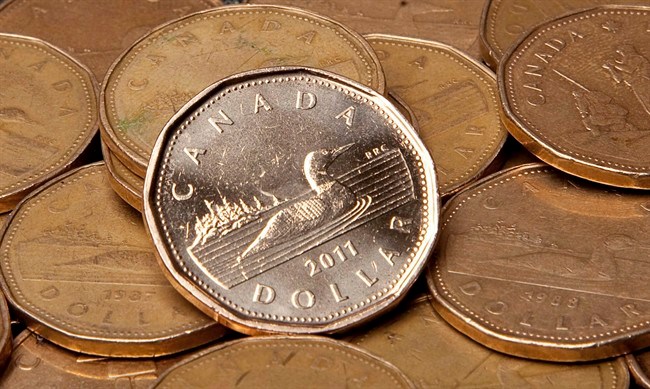OTTAWA — For most voters, the state of the country’s economy will be a deciding factor when they cast their ballot on Oct 19. Here are five questions Canadians may want answered on the economy in Thursday night’s leaders’ debate:
1. Are you talking to me?
All three parties have economic platforms targeting the so-called middle class, which they all say they want to help. But the leaders don’t often go beyond the superficial label. This is important because some data show the income of most families has not substantially grown since as far back as the 1980s. And there are legitimate questions about whether Canada’s so-called middle class has shrunk. In other words: who’s in it, and who’s not?
2. Are we in a recession?
Conservative Leader Stephen Harper avoids the R-word but Statistics Canada has reported an economic contraction for the year’s first two quarters, the technical definition of a recession. NDP Leader Tom Mulcair and Liberal Leader Justin Trudeau say we’re in a recession and Harper has made a mess of things. One thing is clear: the economy isn’t growing at the same pace of the past, and voters will want the leaders to spell out a plan to fix that — one that goes beyond scripted attack lines.
3. What’s the big deal about deficits?
Harper and Mulcair are promising to balance the country’s books immediately, while Trudeau says he will run modest deficits to 2019 to pay for new infrastructure to spur growth. Voters will want a deeper explanation from the leaders about whether either of these approaches is right for the country now, or if there’s a middle ground that needs to be explored. And they’ll want to know if there’s an affordable plan to ease traffic jams, fix potholed roads and crumbling bridges.
4. Will I have a pension when I get old?
The three leaders can promise what they like over the course of the next four-year election cycle. But decisions they make now will ripple into the future. With demographics showing a greater proportion of retired people in the coming decades, the answer to this question will say a lot about the leaders’ ability to make long-term economic plans.
5. Will my grown child ever leave home?
Youth unemployment is high, forcing young people to live at home longer, sometimes into their 20s and 30s. They’re also piling up big debts from their university education, and in some cases, forcing their parents to dip into their own retirement savings to support them. The leaders spend a lot of time talking about the middle class and seniors. But what’s their plan for creating more opportunities for younger Canadians?



